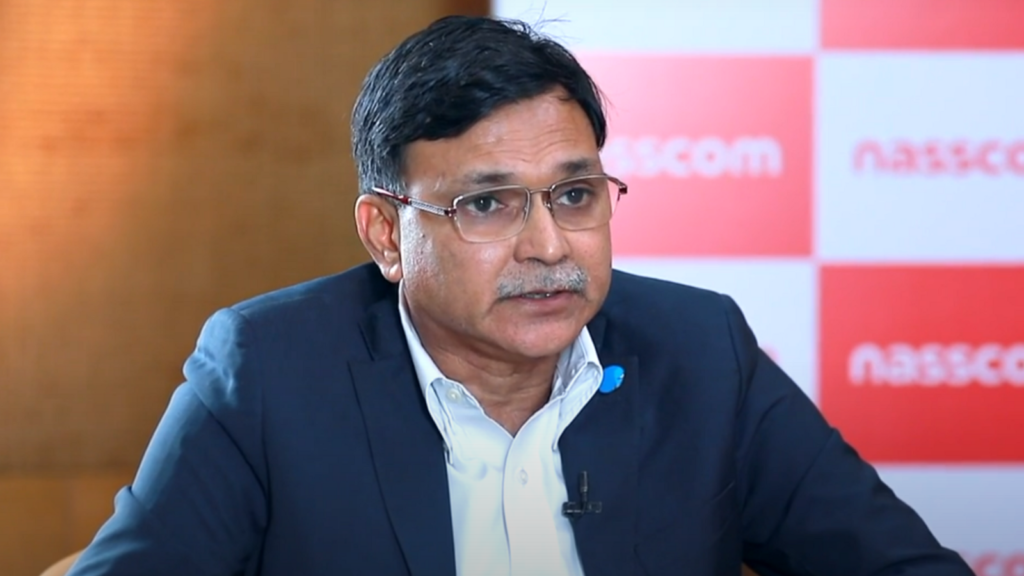Capgemini India’s CEO, Ashwin Yardi, has put forward a proposal advocating for a 47.5-hour work week while reinforcing a strict no-weekend email policy. Speaking at the Nasscom Technology and Leadership Forum (NTLF), he emphasized the significance of work-life balance and the need to align work culture with the expectations of younger employees.

A Balanced Approach to Work Hours
- Yardi’s recommendation suggests employees should work nine hours a day, five days a week, totaling 47.5 hours per week.
- His stance differs from other industry leaders:
- Infosys co-founder N R Narayana Murthy has been vocal about the need for a 70-hour work week.
- L&T’s Chairman, S N Subrahmanyan, has even proposed a 90-hour work week.
- In contrast, Yardi believes that a structured yet balanced schedule fosters better productivity and enhances employee satisfaction.
- He also pointed out that the demographic profile of IT professionals today calls for workplace policy shifts to align with the younger workforce’s expectations.
No Weekend Email Policy
- Beyond working hours, Yardi has been championing a no weekend email policy for the past four years.
- He follows this principle rigorously, making exceptions only for urgent matters that require immediate resolution.
- Although he occasionally works on weekends, he refrains from sending emails to his team to ensure they are not unnecessarily burdened with work-related stress.
- His goal is to allow employees to truly disconnect over the weekend and return to work refreshed.
- This contrasts with Marico’s CEO, Saugata Gupta, who stated that he sends emails at 11 PM, arguing that outcomes matter more than rigid work schedules.
Industry Response and Employee-Centric Policies
- Yardi’s proposals have sparked discussions among industry leaders:
- Nasscom’s chairperson, Sindhu Gangadharan, who also leads SAP India, supports the idea that outcomes should take precedence over long work hours.
- Other executives at NTLF echoed this sentiment, stressing the importance of flexibility in today’s workplace.
- In contrast, leaders like Narayana Murthy and S N Subrahmanyan continue to advocate for longer work weeks, reflecting a more traditional approach that prioritizes extended working hours.
Capgemini’s Employee-Centric Initiatives
To align with the evolving expectations of its workforce, Capgemini has introduced several initiatives aimed at improving employee engagement and career growth:
- Quarterly promotion cycles to offer frequent career advancements.
- Regular six-week employee surveys to gather feedback and improve workplace culture.
- Well-defined career progression plans to provide clarity on growth opportunities.
By implementing such employee-friendly policies, Capgemini aims to create a positive and productive work environment, reinforcing its commitment to work-life balance. Yardi’s approach highlights that companies must adapt to changing workforce dynamics to remain competitive in the evolving IT industry.





